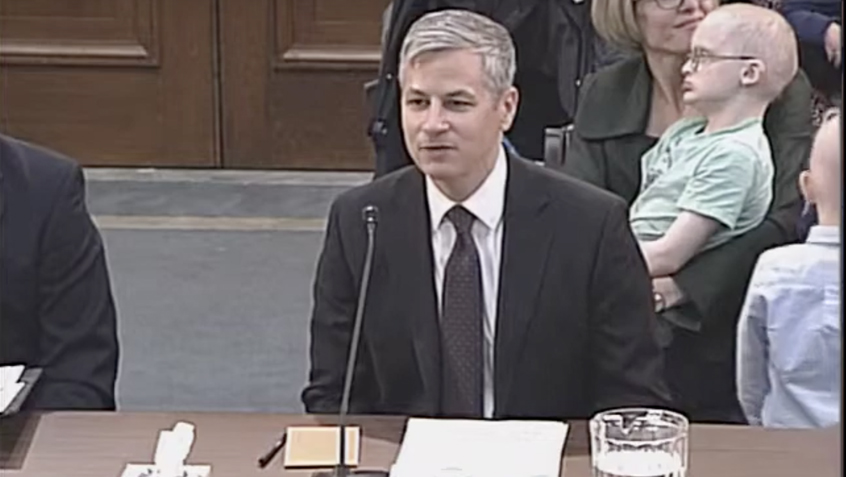Today, the Trump administration released guidance to help states convert some of their federal Medicaid funding into a block grant. In exchange for accepting this capped funding, states will receive more power to cut care and restrict coverage.
This new structure, billed as a voluntary demonstration for states, can apply to funding for optional Medicaid populations: low-income adults under the age of 65 who wouldn’t otherwise be eligible for the program. This includes adults in the Medicaid expansion population, though non-expansion states that voluntarily cover other adults—such as low-income parents with incomes above the traditional Medicaid threshold and adults with dependent children—may also participate.








